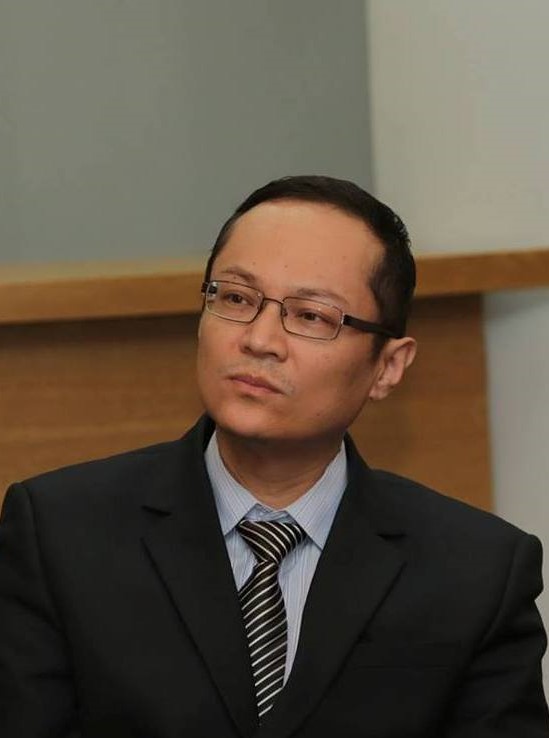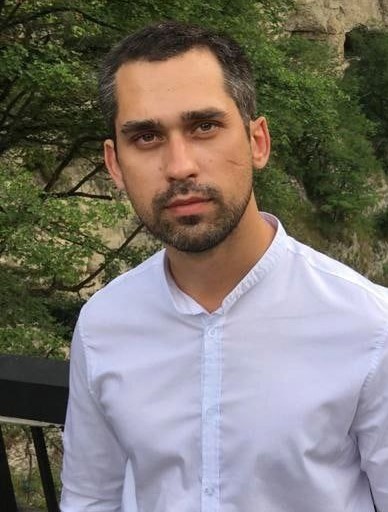The article aims to construct a synthetic model of consciousness of Buddhist Abhidharma and phenomenology. Within this model, phenomenology can be considered not only as a “rigorous science”, subordinated to the desire to find principles for realizing apodictic knowledge, but also as a soteriological project that is a doctrine of the liberation of consciousness and ways of inner transformation and the realization of truth as presented in Buddhism. It is shown that despite their different origins, there are significant similarities between the approaches to the study of consciousness in phenomenology and Abhidharma. Both traditions emphasize the importance of understanding consciousness as central to human experience. However, their methods and goals for studying consciousness differ, reflecting their cultural and philosophical roots. A model that combines the approaches of these two traditions could include three main components. The first component, intensionality, developed in phenomenology. It argues that consciousness is always directed towards something, whether it's an object, a thought, or a sensation. The second component is dharma analysis. This was borrowed from Abhidharma. Consciousness is viewed as a collection of temporal and changeable elements called dharmas. The third component is processuality. This combines ideas from phenomenology and Abhidarana. It views consciousness not as static but as a continuous process.The combined model of these two traditions can offer a holistic approach to understanding consciousness. This includes the realization of intentionalism, analysis of dharmas, and the recognition of consciousness's processuality, all of which contribute to achieving spiritual liberation. Phenomenology itself can also be viewed from a soterological perspective, as not just a philosophical tradition but also a spiritual practice.
Key words: Buddhism, Abhidharma, phenomenology, consciousness, dharmas, intension, phenomenological reduction, soteriology
DOI: 10.22250/20728662-2025-2-140-148
About the authors
 |
Mergen S. Ulanov – Doctor of Philosophy, Head of the Department of Philosophy and Cultural Studies, Kalmyk State University; 11 Pushkin Str., Elista, 358000, Russia; This email address is being protected from spambots. You need JavaScript enabled to view it. |
 |
Valery V. Vorobyov – Junior Researcher of the laboratory “Complex Buddhist Studies”, Kalmyk State University; 11 Pushkin Str., Elista, 358000, Russia; This email address is being protected from spambots. You need JavaScript enabled to view it. |